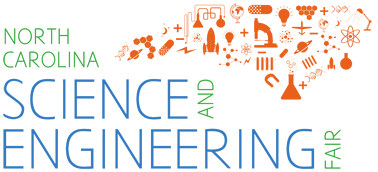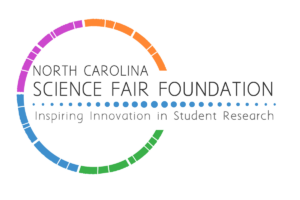Who can run a local science fair?
Anyone who has an interest and desire to organize this real world experience for students.
While many science fairs are run by the science department or a single science teacher, many are also hosted by a parent or community member often with the support of the PTA or PTSA.
While some school fairs are mandatory and held during the school day with all students expected to participate, other are considered co or extra-curricular activities involving students who are interested in student led STEM research. These can be held during or outside of the regular school day.
Suggestions for Getting Started (3 months before)
- Meet with the principal
- Set the date of the fair. Many local fairs are held in January to give students ample time to work on their projects and ample time for those moving on to regional competition to register and prepare.
- Confirm building use, will there be any extra cost?
- Will food or drink be provided/available?
- Contact your regional director, let them know about your fair. They can give you information about how to send projects selected from your local fair onto regional competition. They can also be a great source of information about running a succesful fair.
- Determine how students will sign up. There are many software packages that will help, but can be more costly and complex than needed at the school level. Often a simple Google form will do. The principal may have ideas and can give guidance meeting any privacy requirements.
- Meet with the PTA/PTSA, ask for volunteer and financial support.
Get the word out (2 months before)
- Talk with teachers, make sure they know about support from the NCSEF including workshops
- Launch that signup process, include an email address or other way for students, parents, an teachers to ask questions
- Recruit judges and volunteers (see below)
- Publicize the fair. Make use of existing sources like parent emails, social media, etc.
- Identify what awards will be presented
- Finalize your budget
- Finalize logistics for the day of (tables, sound system, etc.)
- Finalize the rubric. The criteria in the NCSEF Judges Handbook, used at the regional and state levels, is recommended.
Invite visitors (1 month before)
- School board members
- Science teachers at the next level (middle, high)
- Parents
- Universities and community colleges may also be interested in setting up a display table at your fair
On the big day
- setup
- orient judges and volunteers
- recognize and encourage all participates
- tabulate scores, award winning projects
- cleanup
Volunteers & Judges
The number of volunteers you need will vary of course by the size of your fair. Even a small fair with just a couple dozen students will need at least 3 or 4 people to setup and cleanup.
Plan for one judge for every 10 students participating at a minimum. At the regional and state levels this is closer to a 4:1 ratio.
The more judges there are, the more time they can spend with each student discussing their research. This, not the ribbons, not moving on to regional competition, is the point of hosting a science and engineering fair, secondary only to what the students get out of the research process itself.
- Load-in: setup tables, segment tables (e.g. with painters tape) if necessary, place numbers or other ways to identify where students should setup their projects,
- Check-in and registration: guides students where to go
- MC: welcome students and parents, congratulate and encourage students to continue their interest in research, announce winners at the end. This can be the principal, someone from the PTA, or a even a local celebrity
- Load-out: clean up area, return sound system components, and generally return the space to the way you found it
Where to find judges
Judges are like any other volunteer, they got into judging because someone asked. They’ll also tell you its one of the most rewarding things they do all year. For more information and assistance contact the NCSEF judging coordinator. Your regional director may also be able to provide good contacts in your area.
- parents who are professionals in their fields
- graduate students at local universities
- your doctor, your dentist, your veterinarian
- professional engineering and science associations
- your local TV meteorologist
Awards
Awards can be costly, but they don’t have to be. Simple ribbons can be purchased from online retailers like Amazon or WalMart or from school supply sources your PTA and/or principal are already very familiar with for less than $1 each. Medals or fancier rosette ribbons for winners can be had for $2-$3 each.
Certificates can be an even less expensive option, and can be personalized with sufficient volunteers.
Check with local businesses, PTAs often have the contacts you’ll need, for sponsorship. Summer or track-out STEM activites may be interested in supporting the fair with scholarships to their programs. Local restaurants may offer a free pizza to participants. Be sure to check with your principal before incorporating this into your plans.


